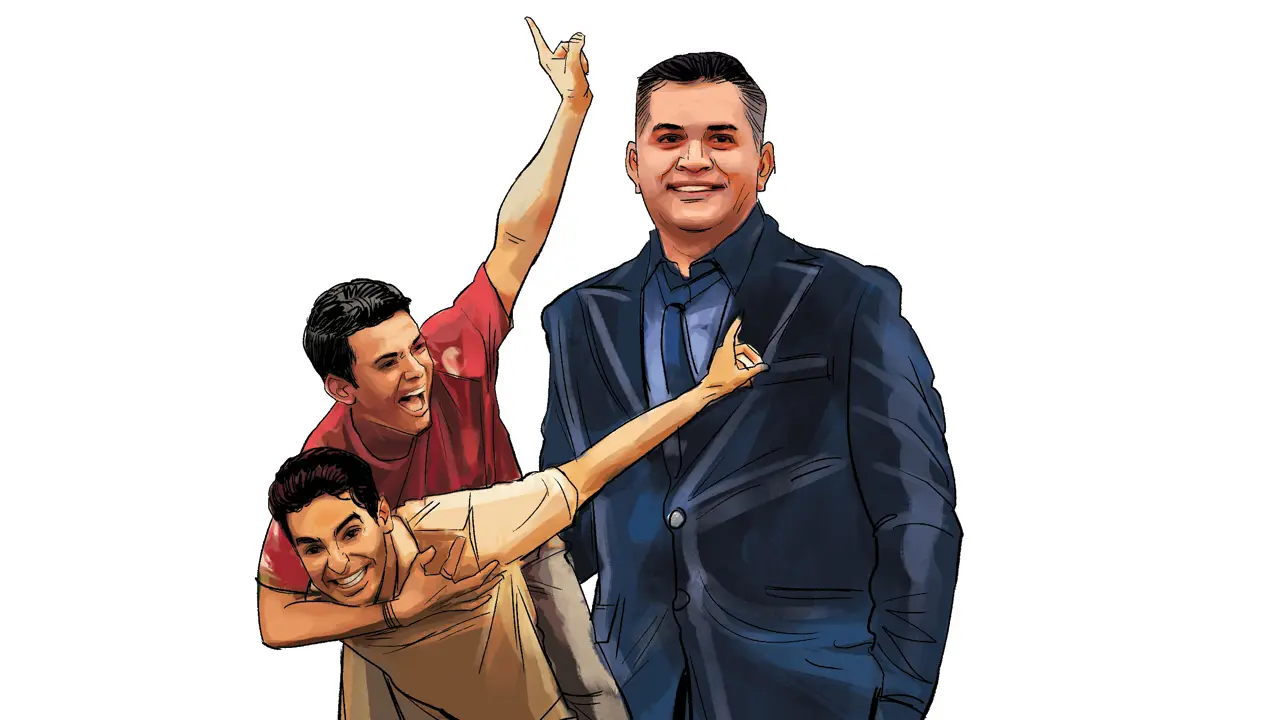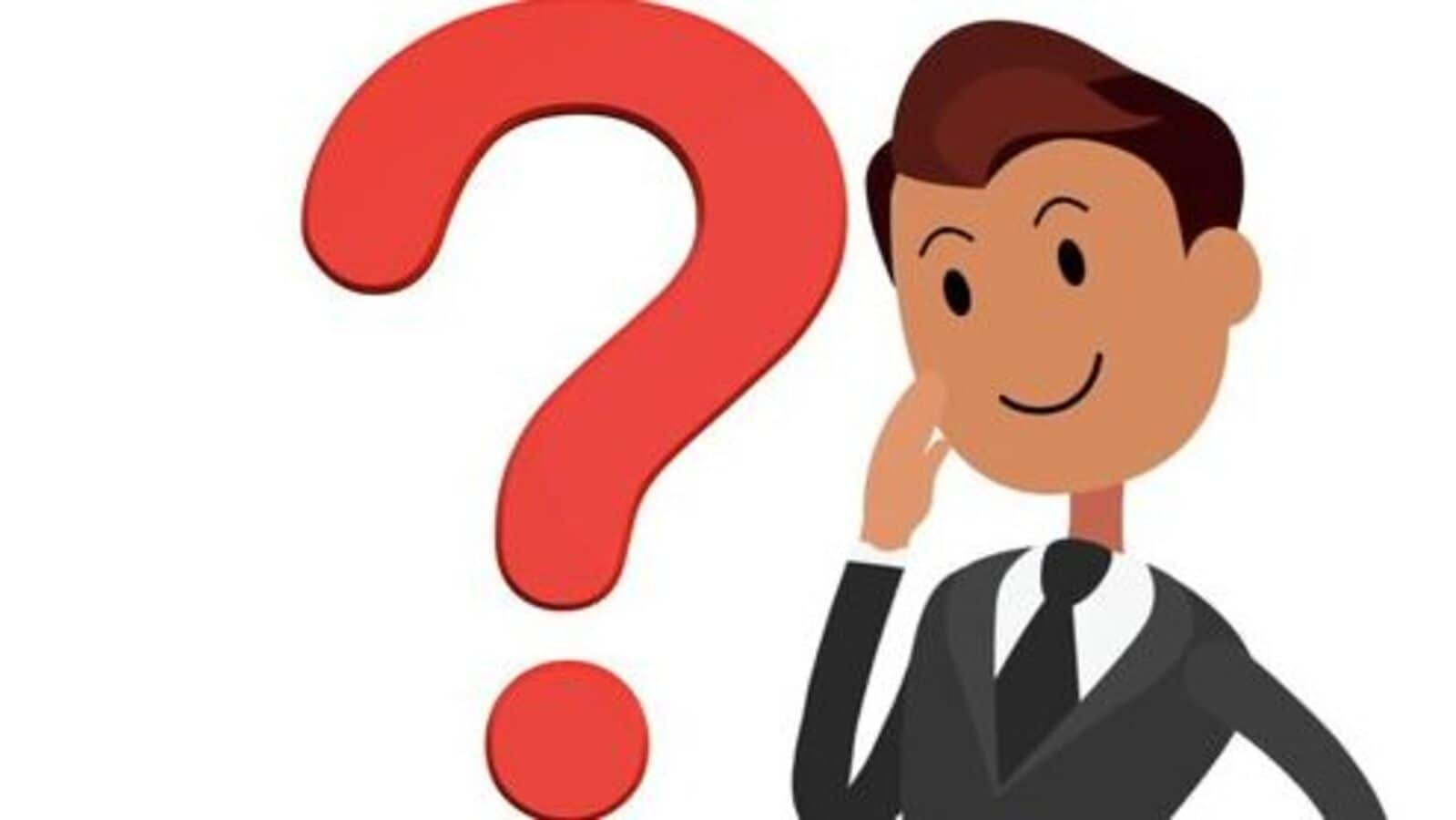[ad_1]

The world looks different from when we saw the ‘Howdy Modi’ event in 2019.
| Photo Credit: Reuters
Environmental change
In 2019, Chennai declared ‘Day Zero’, when water ran out. Many recognised that water management needed to be overhauled; some questioned the viability of a city that was unable to meet such basic needs. Five years on, the story could not have been more different: unseasonal and catastrophic storms and torrential rains left the city inundated. People were driven out of their homes not because of too little water, but too much.
We are living through a major environmental reorganisation and we can learn from previous episodes of disruption and change. The difficulty, as shown so clearly by the case of Chennai, is that it is not enough to prepare for droughts or for deluges, but to prepare for both.
Such lessons are particularly important today because of the scale of the climatic shifts that are taking place: no human has ever lived in such a warm world, nor one with such high concentrations of carbon dioxide in the atmosphere. Half of all fossil fuels have been burned by humans since Sachin Tendulkar made his Test debut for India. That does not feel so very long ago to me.
Environmental change is all the more challenging because it is just one of a set of revolutions that are transforming the world around us. New technologies are giving us new powers to communicate and share with each other, but also to rile, antagonise and threaten, helping polarise political discussion.
The return of Trump
Ironically, while political leaders in some countries may think they are giving people what they want, the evidence suggests otherwise: in 2024, more people cast their votes at the ballot box around the world than in any year in history. While each country has its own story, one common trend was that political parties that were in power either found it almost impossible to remain in office and were voted out, or had their majorities sharply reduced.
There are many explanations as to why. But the most persuasive would seem to be that voters can see the world changing in front of their eyes and are hungry for ideas of how to best embrace the opportunities and how to cope with the disruptions of the modern age. That is best summed up by the return of Donald Trump to power, something that has been accompanied by question marks not just about the role of the U.S. in global affairs, but of its long-term role as a stabilising force. Mr. Trump’s well-publicised comments about buying Greenland, taking the Panama Canal, or using ‘economic force’ to compel Canada to join the U.S. can perhaps be taken with a pinch of salt. But India’s ever-astute Minister of External Affairs S. Jaishankar is right to note that Mr. Trump’s return to the White House may have “profound consequences for the global order.” Indeed, added Mr. Jaishankar, “we may well be on the cusp of a new era.”
Just look, then, at the case of TikTok. On Sunday, it began to shut down following outgoing President Joe Biden’s decision that the Chinese company posed a threat to U.S. national security. With Mr. Trump’s anti-China rhetoric, one might have expected this to be confirmed. Instead, he intervened to keep the company alive, at least for now.
That fits exactly within Mr. Trump’s sweet spot of being pragmatic and open to business — though it also shows his opportunism: Tik Tok would make a nice ‘thank you’ present for Elon Musk for his crucial support during the election, one that has the further advantage of keeping Mr. Musk busy. That Mr. Trump rode in to save a Chinese business, rather than destroy it, is instructive about how he thinks.
The road ahead for India
As for India, things look more complicated. The world looks different from when we saw the ‘Howdy Modi’ and ‘Namaste Trump’ events of 2019 and 2020. For one, it will be harder for Delhi to play the game of multiple alignments of being a leading part of both BRICS and the Quad, of getting oil from sanctioned entities, of buying U.S.-made Apache helicopters but also Russian S-400 air defence systems. India has made a virtue of trying to keep all options open. That will come under pressure in the next four years as Mr. Trump is the sort of leader who does not want his friends to have other friends.
The winds of change are blowing, in other words. Mr. Trump took office hours after the first proper breakthrough in West Asia, with many hoping that the devastation of Palestine is finally now over. He faces an Iran that is weaker and more exposed than perhaps at any time in the last 40 years, a Russia that has enfeebled itself economically, culturally and militarily through the invasion of Ukraine, and a China whose outlook on global affairs has moved substantially in the last decade. Of all of Mr. Trump’s qualities, the most important is that he is lucky with his timing.
If you ask a historian, we are not so much on the cusp of a new era but have been in one for some time. And that, of course, is what change is all about — invisible, unnoticed and unremarkable. Luckily, historians can tell you a thing or two about that.
Published – January 22, 2025 01:57 am IST
[ad_2]
Source link




